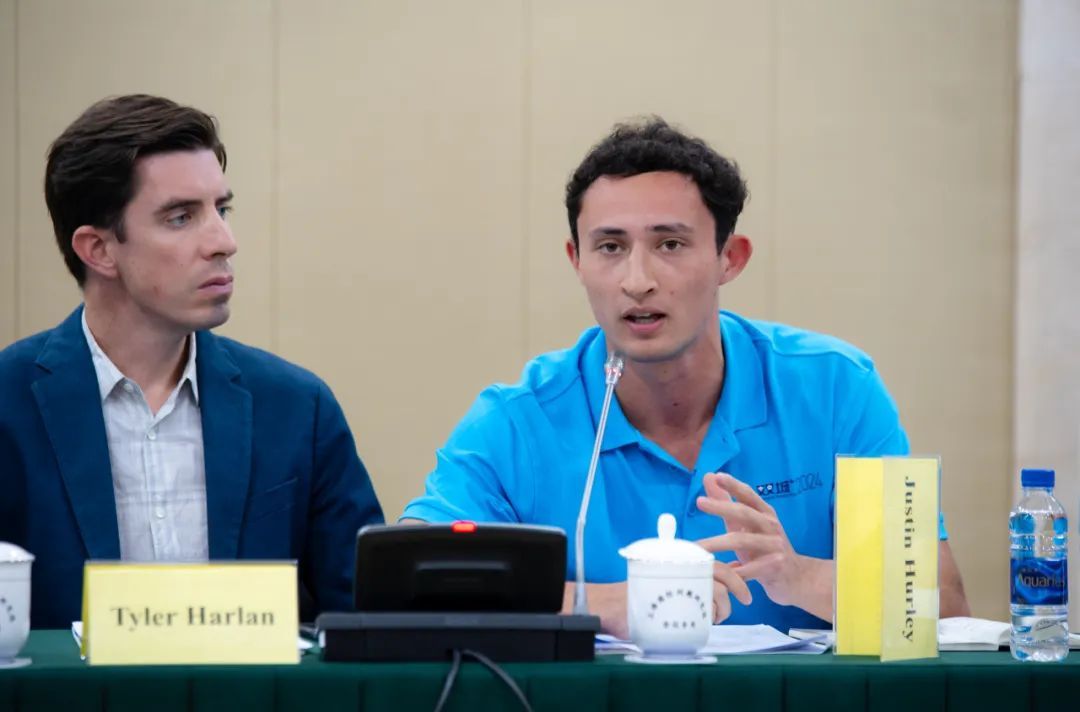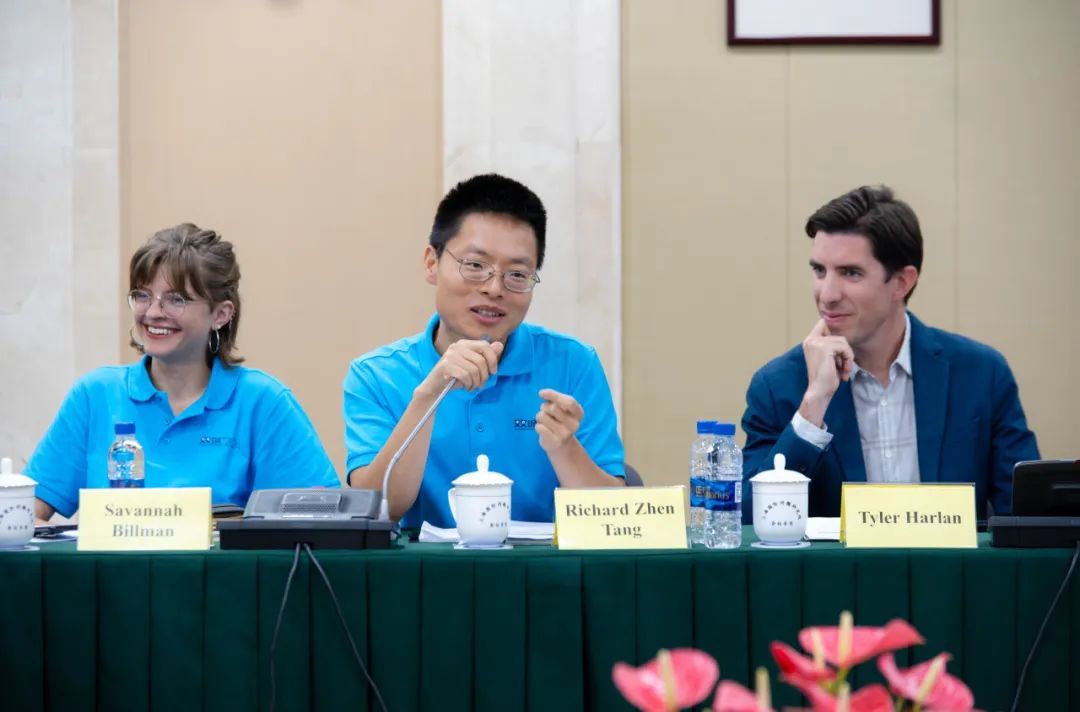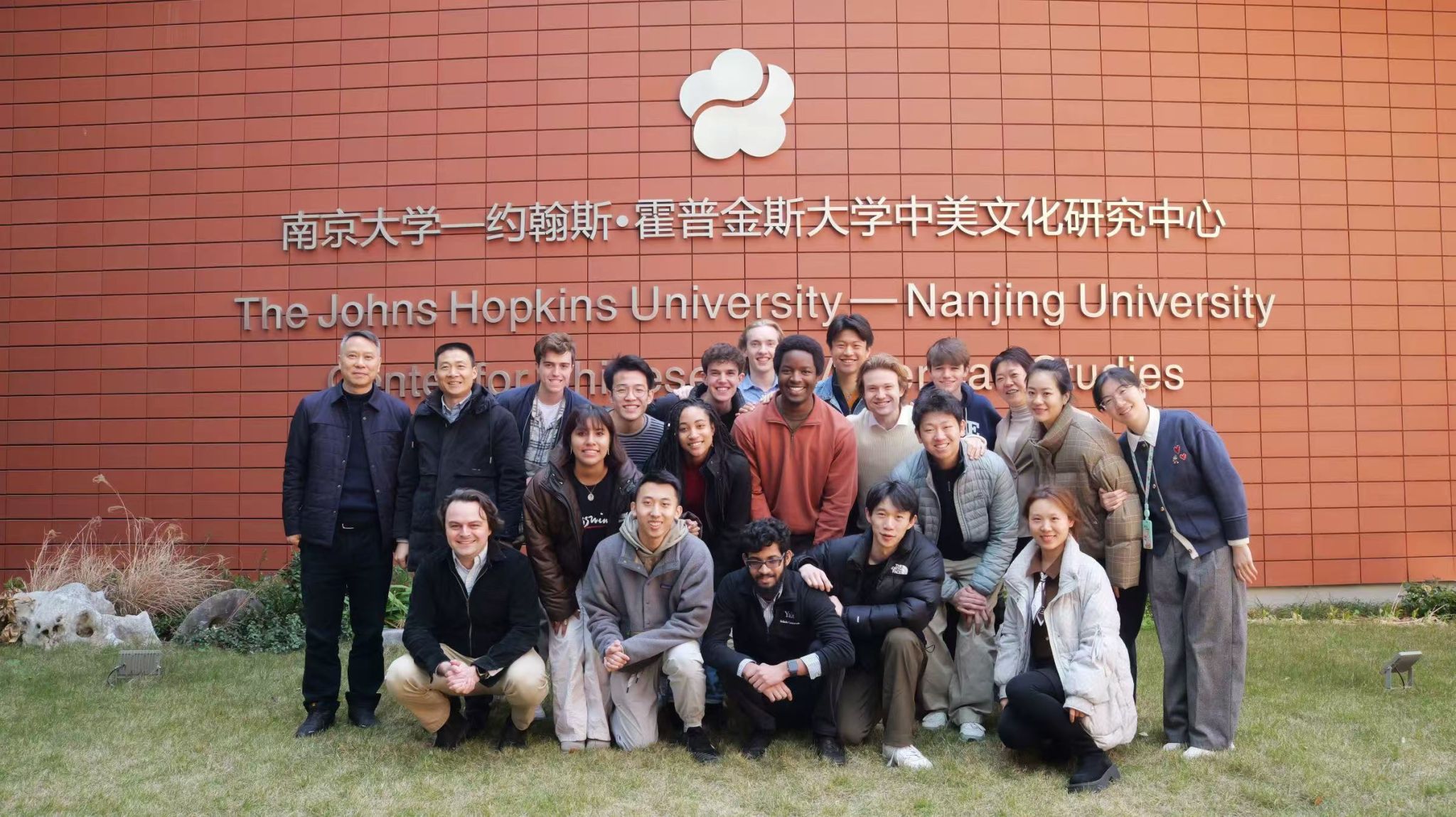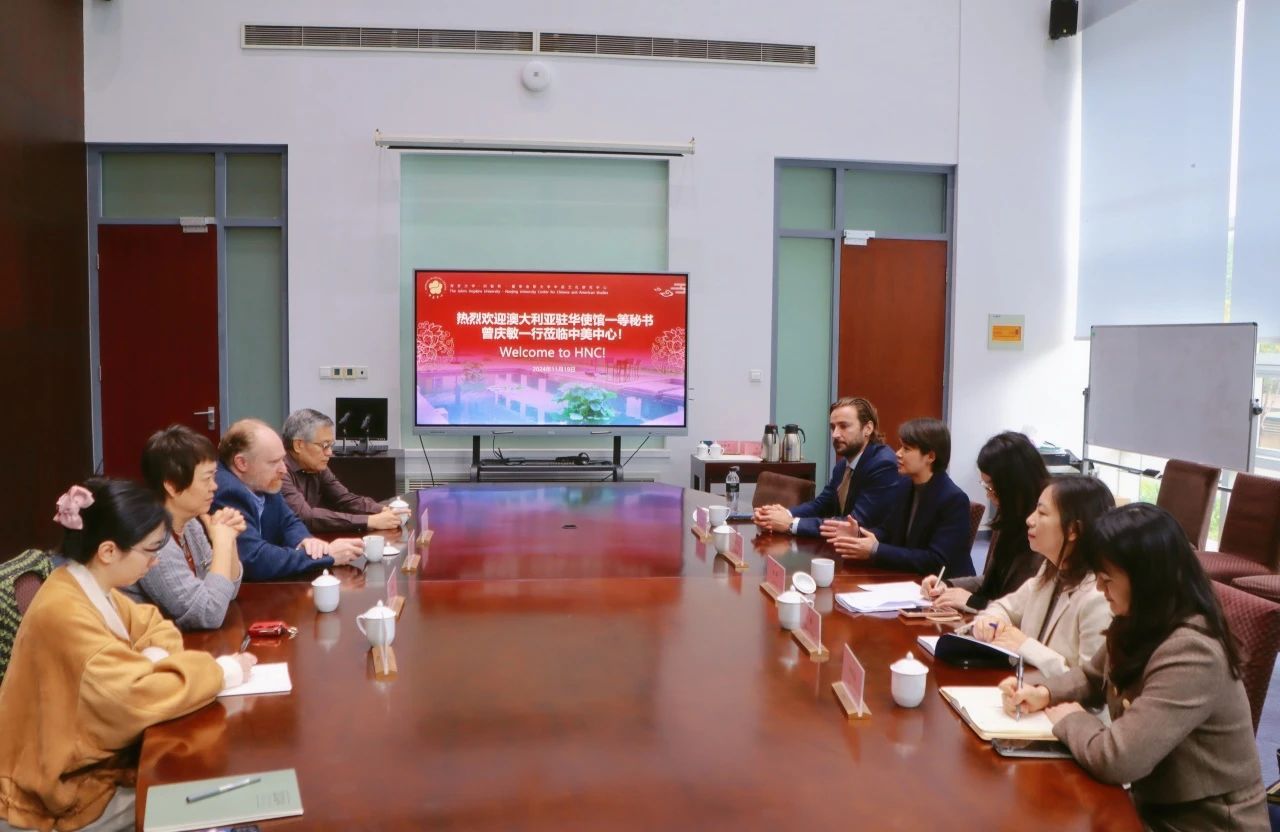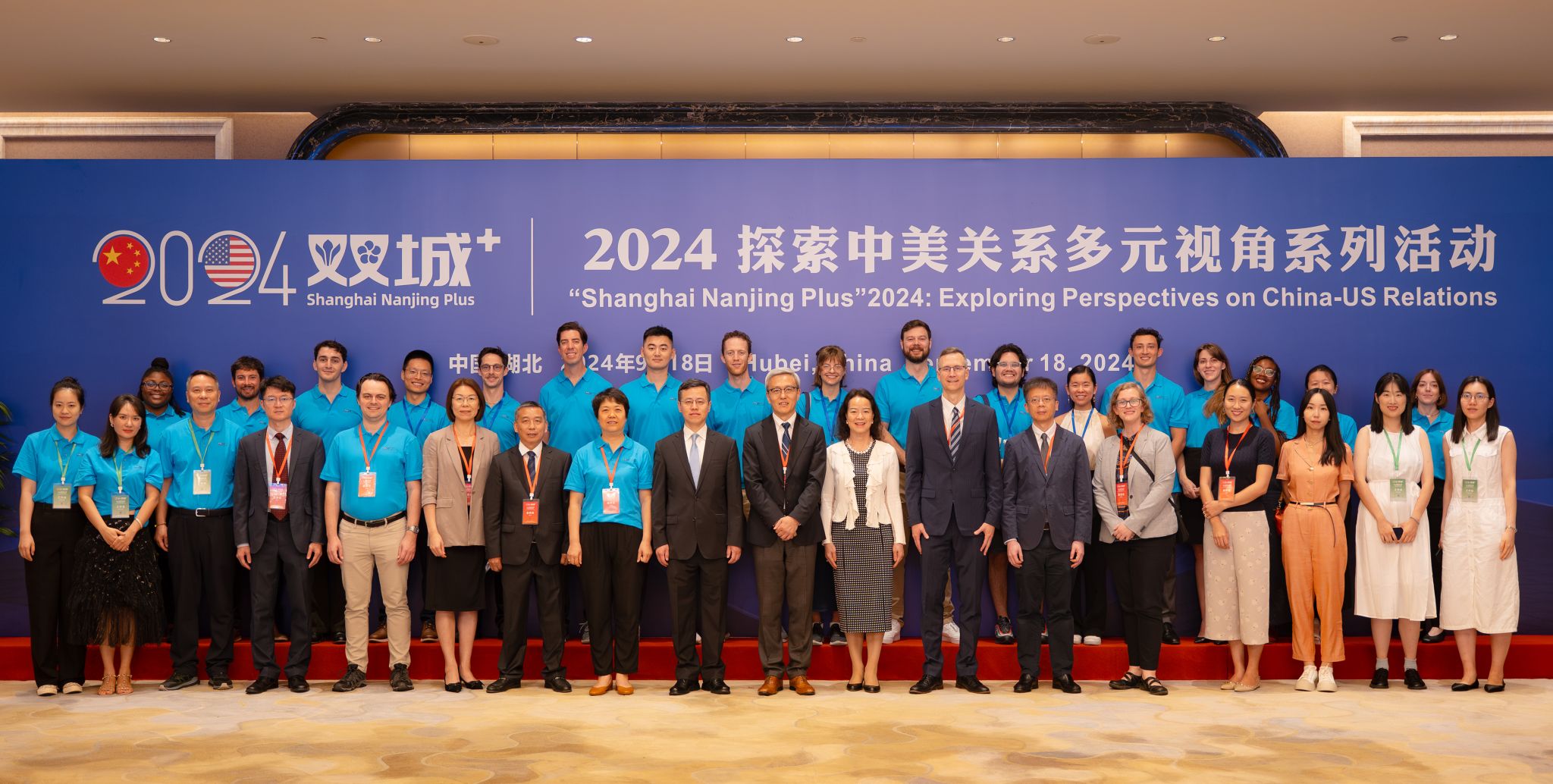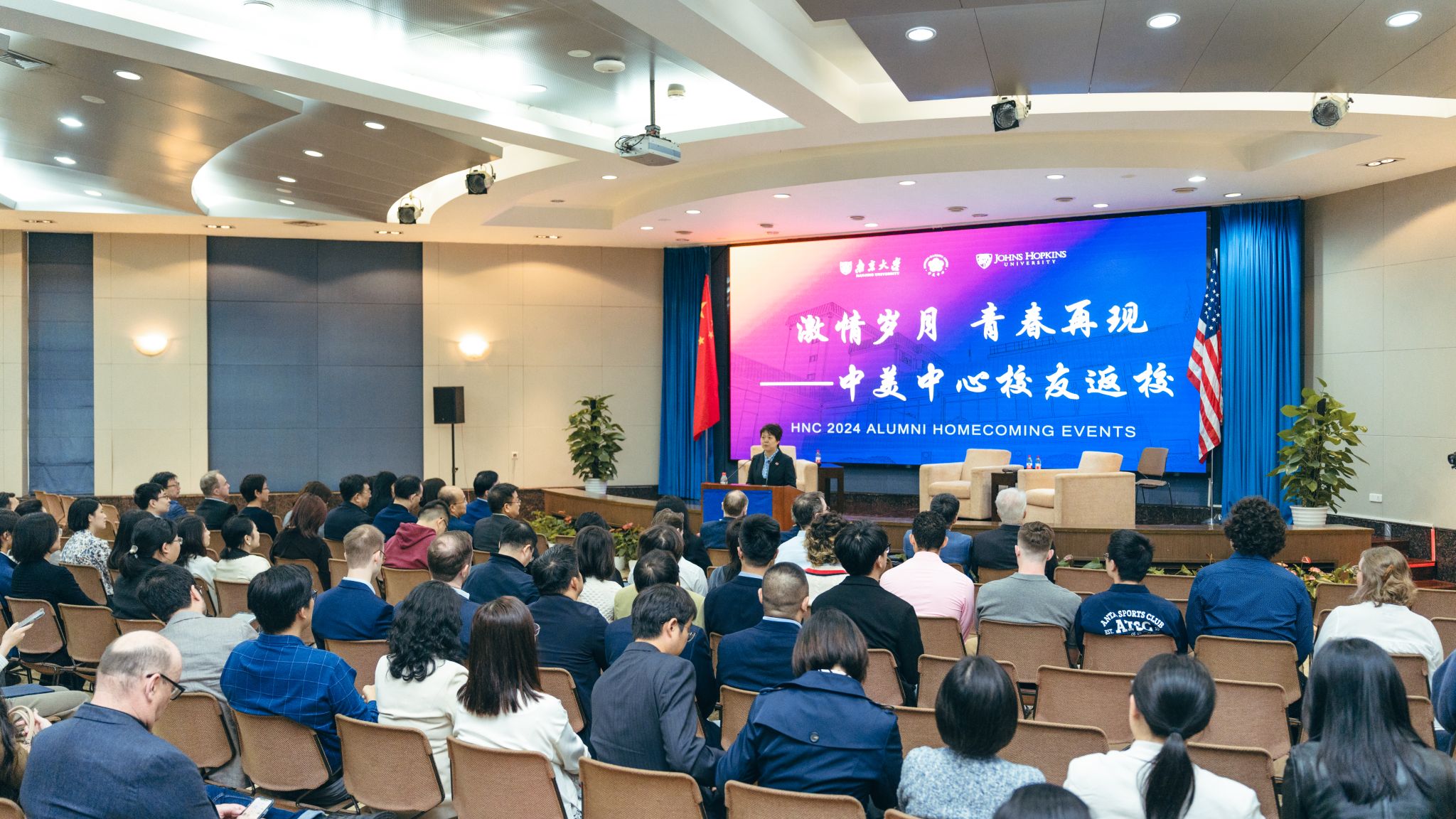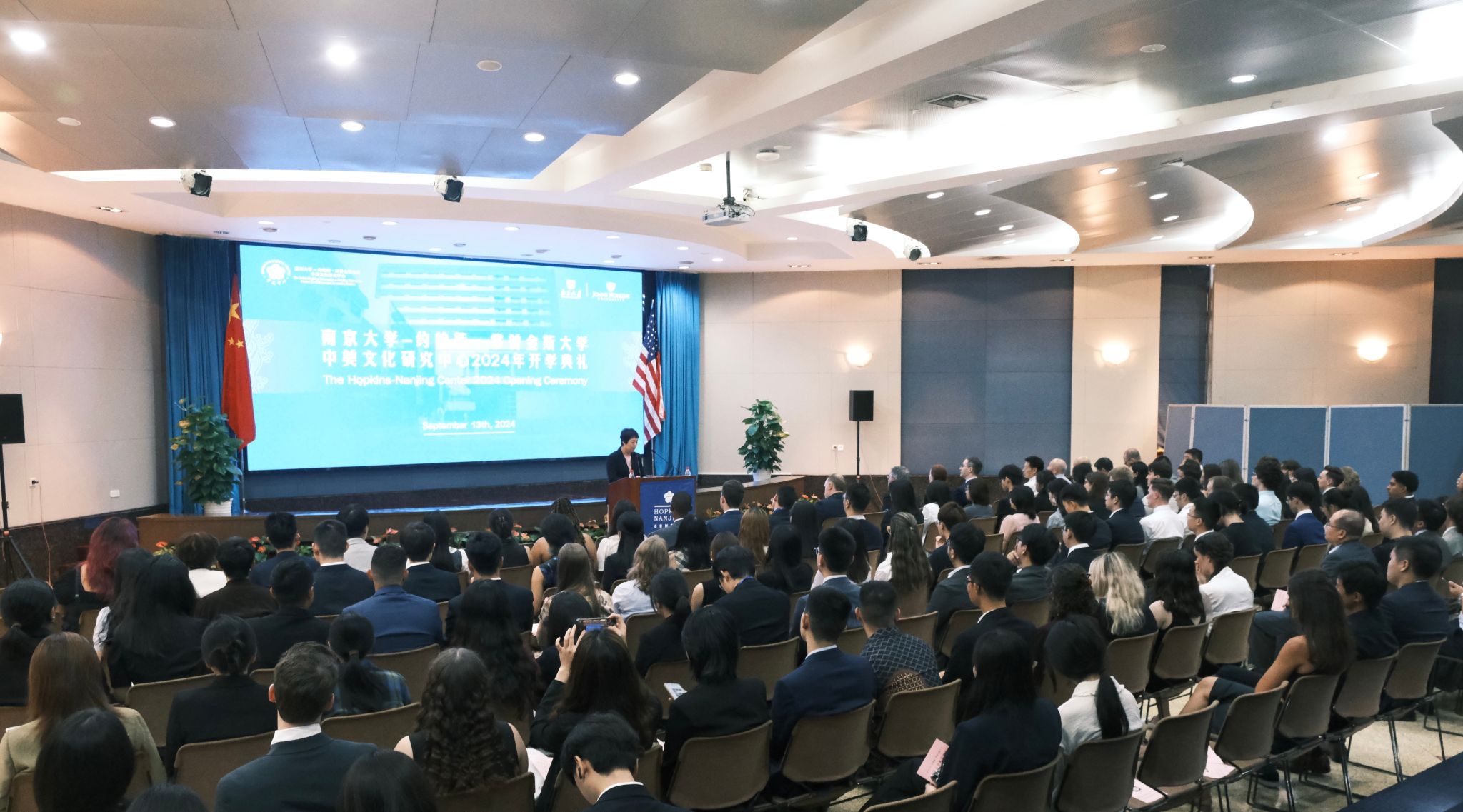On September 24, 2024, the Shanghai Nanjing Plus 2024 delegation started the second day of their visit in Shanghai and the last day of this year’s Shanghai Nanjing Plus. And the event concluded in the afternoon at the Shanghai Institutes for International Studies (SIIS).
In the morning, the delegation visited Tongji University and attended a forum focused on topics like the United Nations Sustainable Development Goals and green city development. The forum was moderated by Prof. Wang Ying, vice dean of the College of Environmental Science and Engineering. Other professors with relevant expertise and one member of the delegation, Tyler Harlan, gave speeches. They discussed balancing industrial development with environmental protection, building China's carbon emissions market, and China-U.S. environmental cooperation.
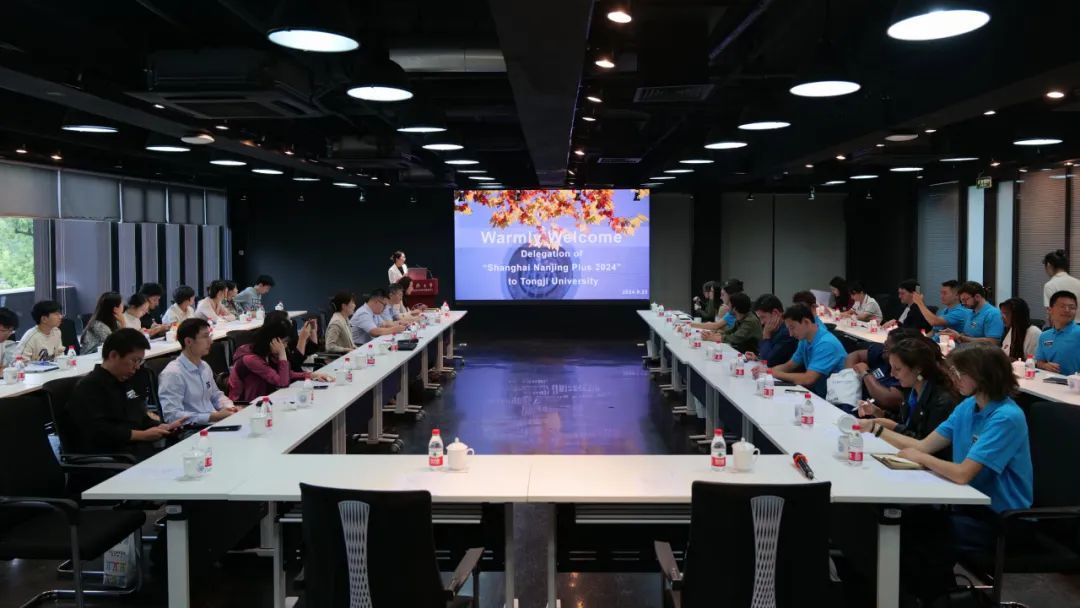
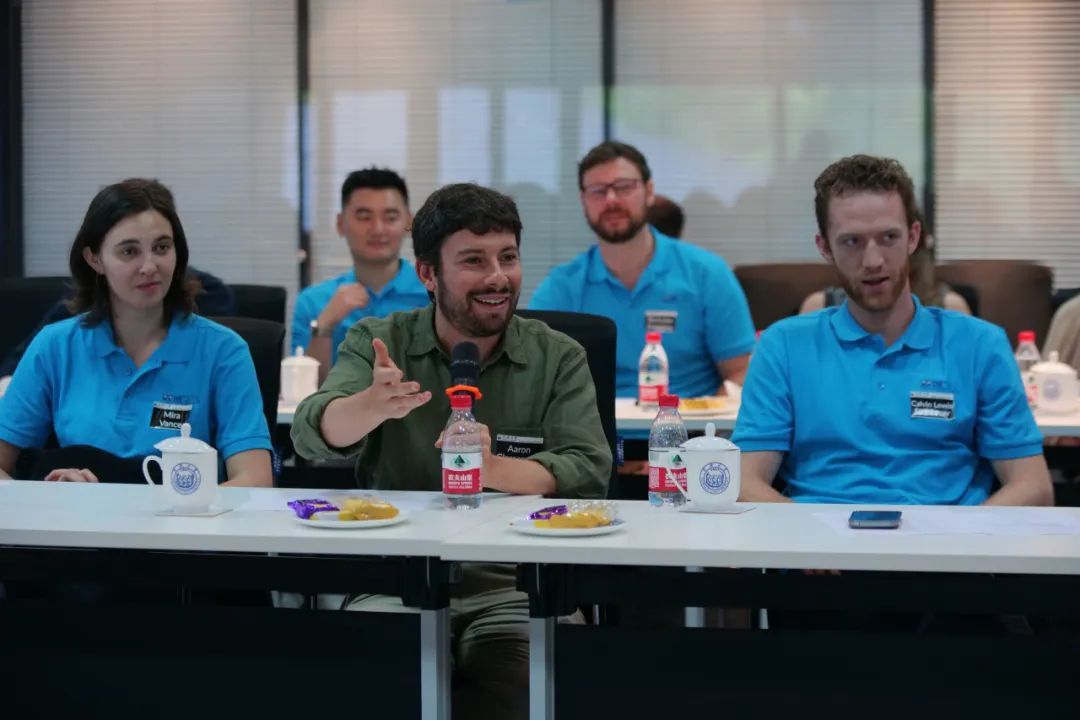
Afterwards, the group visited the Shanghai Environment and Energy Exchange Co., Ltd (SEEE), engaging in discussions about carbon trading market construction, climate finance, and climate investment. SEEE is China's first environmental energy trading platform and the largest carbon trading platform nationwide. The visit deepened the members' understanding of China's carbon trading market and its carbon reduction efforts.
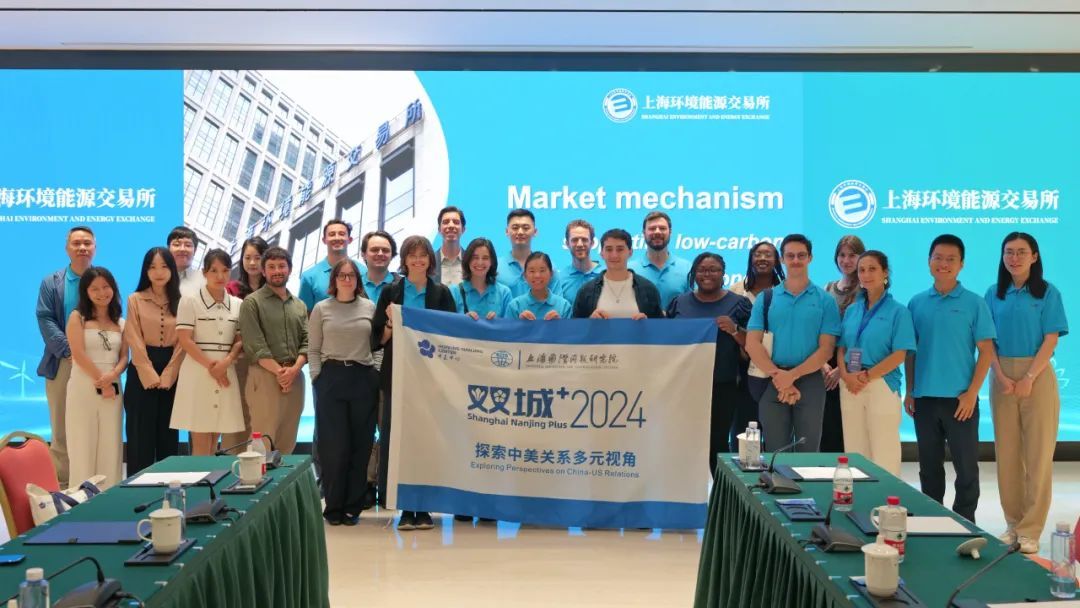
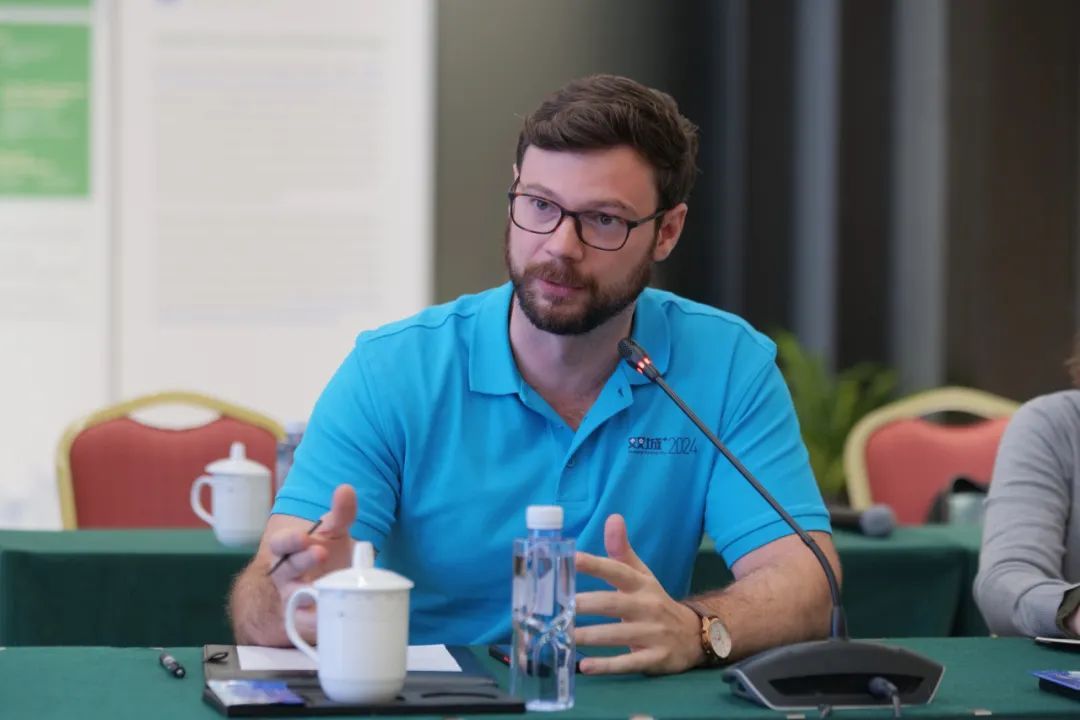
In the afternoon, the delegation first visited the Shanghai Municipal People's Congress conference hall.
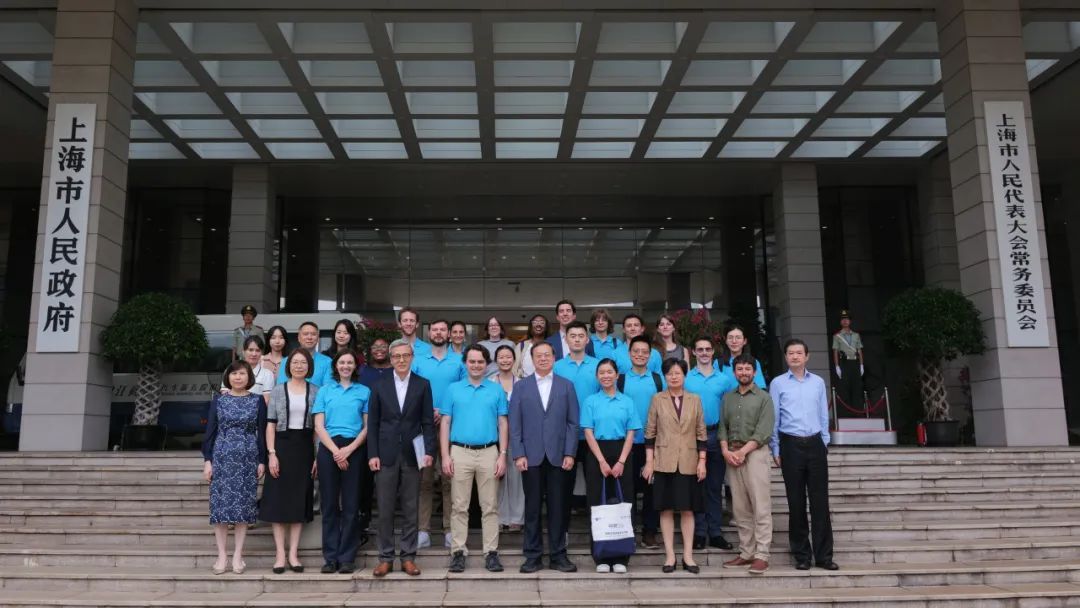
Mr. Chen Jing, Vice Chairperson of Shanghai Municipal People’s Congress (SMPC) and chairman of Shanghai Municipal Friendship Association, welcomed the delegation. He introduced the economic and social development of Shanghai and provided an overview of the Shanghai People's Congress, including its basic situation, main functions, stories of representatives fulfilling their duties, and the practice of whole-process people's democracy. Ms. Huang Hong, Chairperson of Foreign Affairs Committee, SMPC, hosted the event and answered questions.
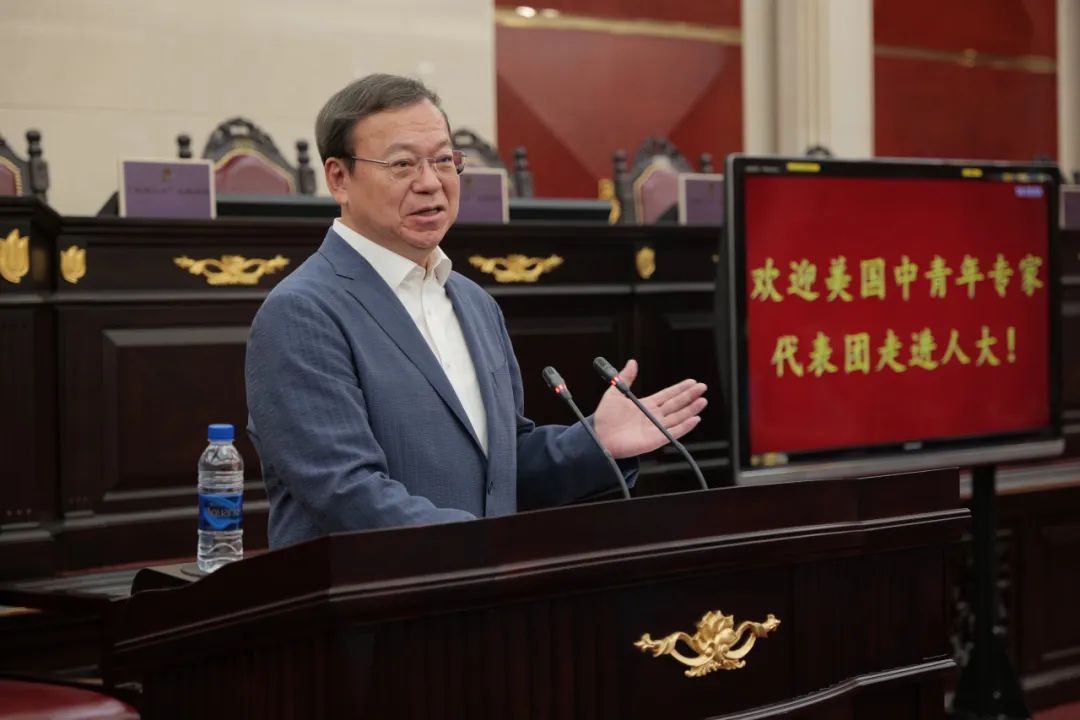
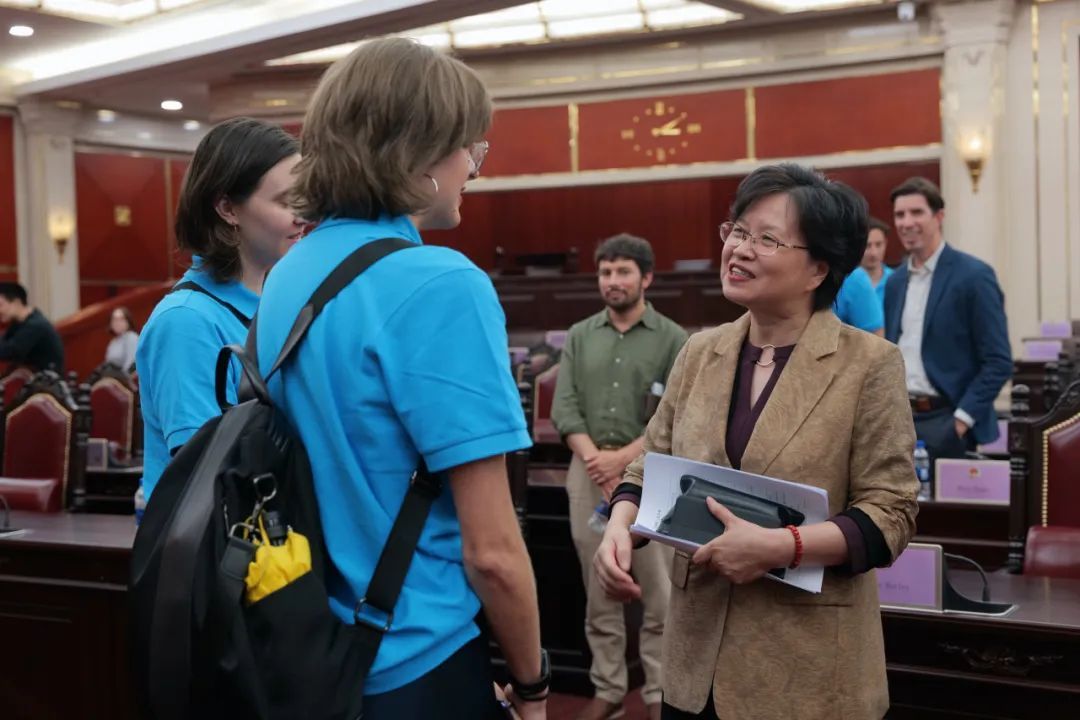
The participants asked several questions, including what role Shanghai has played in the national strategy for regional coordinated development, what work Shanghai has done in the protection of historical and cultural buildings, how the legislation of the Shanghai People's Congress has been carried out in terms of industry technology. There were also exchanges concerning the legislative process, urban development, and improvements in living environments.
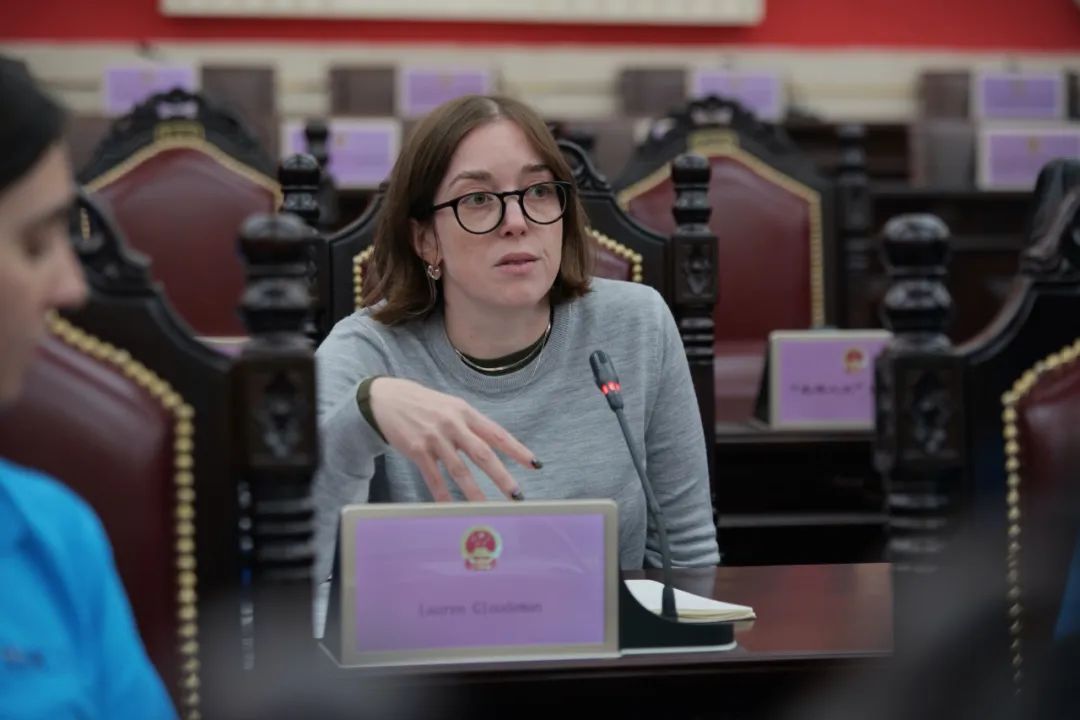
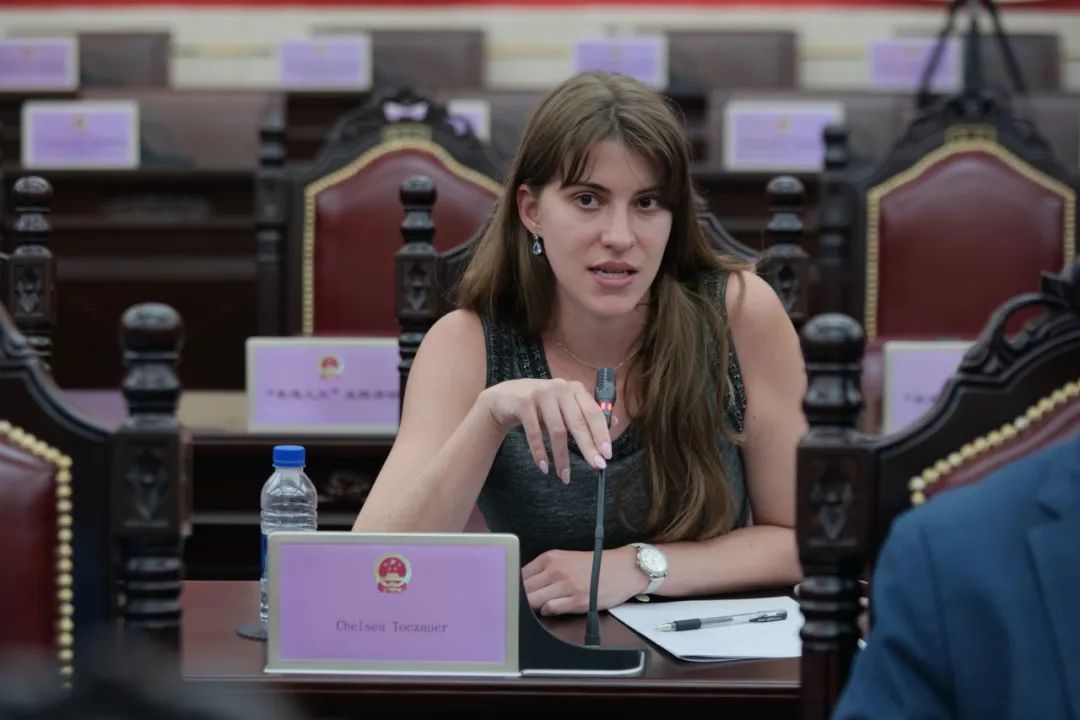
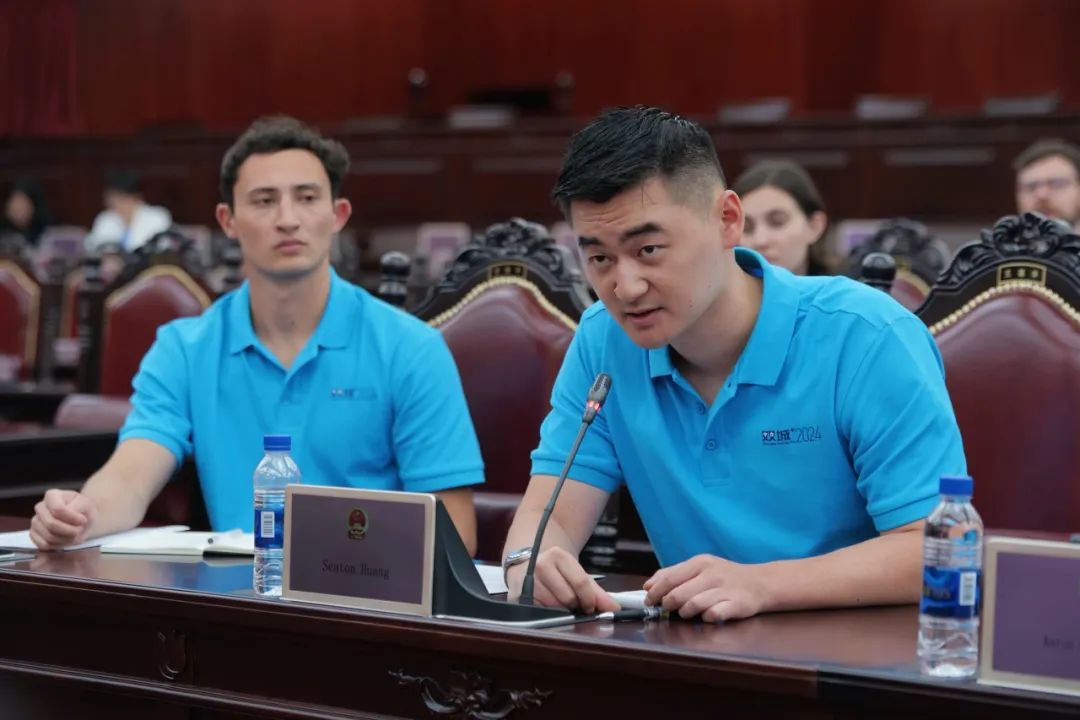
Afterwards, the delegation visited the Shanghai Institutes for International Studies (SIIS) and had a roundtable discussion with SIIS scholars.

SIIS President Prof. Chen Dongxiao delivered the opening remarks. He welcomed the delegation and stated that the relationship between China and the U.S. is complex and diverse. He emphasized that enhancing communication and exchanges between the two countries is beneficial for improving understanding and maintaining regional security. The Shanghai Nanjing Plus 2024 program provides a platform for scholars from both countries to exchange ideas, observe, reflect, and delve into the multifaceted perspectives of China-U.S. relations. He hoped that young scholars from the U.S. will gain a deeper understanding of China through a week of visits and provide constructive opinions or suggestions for fostering more cooperation between China and the U.S.
The roundtable was moderated by Dr. Shao Yuqun, Director of the Institute for Taiwan, Hong Kong and Macao Studies. Keynote speakers were several researchers from SIIS. Adam Webb, the American Co-Director of Hopkins-Nanjing Center, also joined in the discussion.
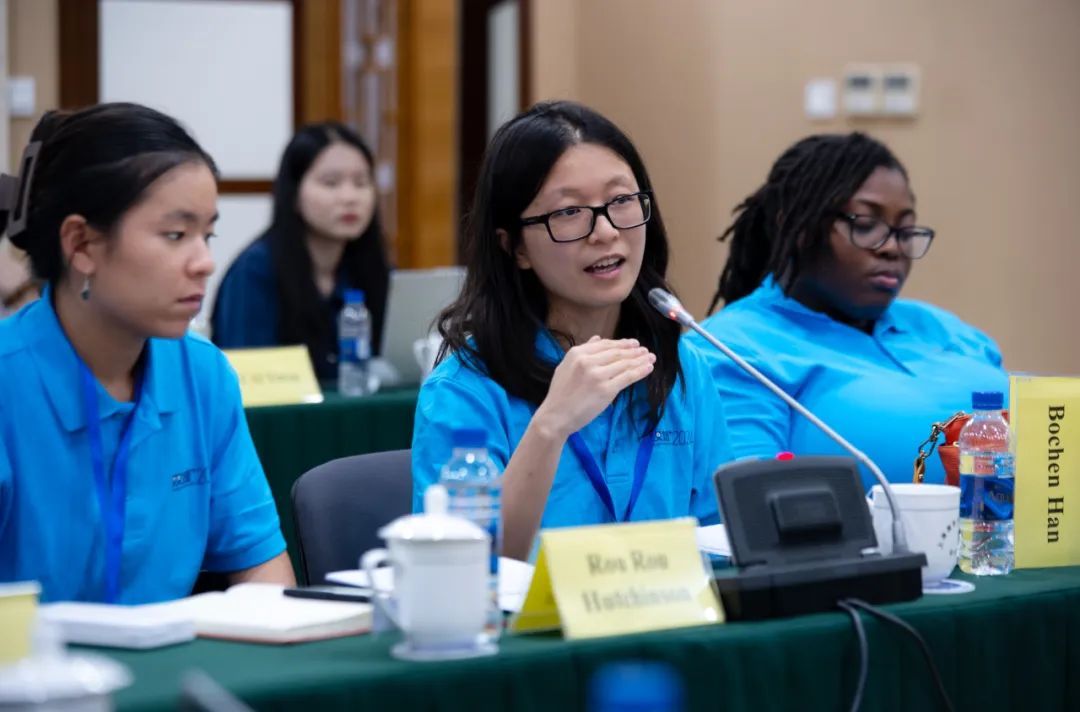
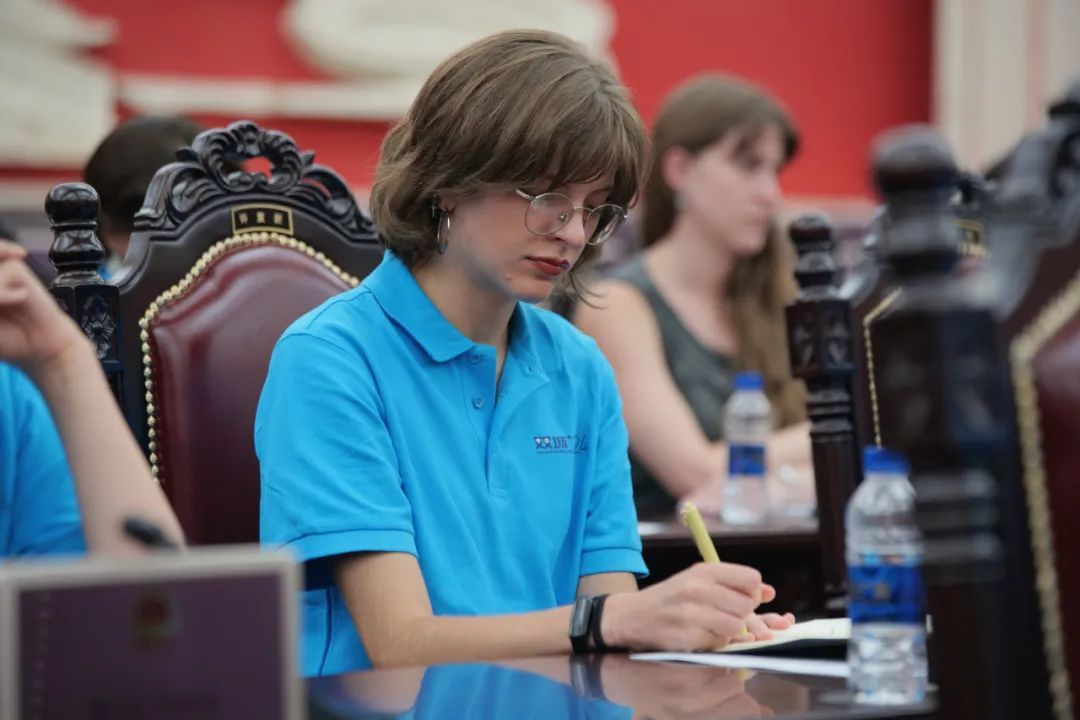
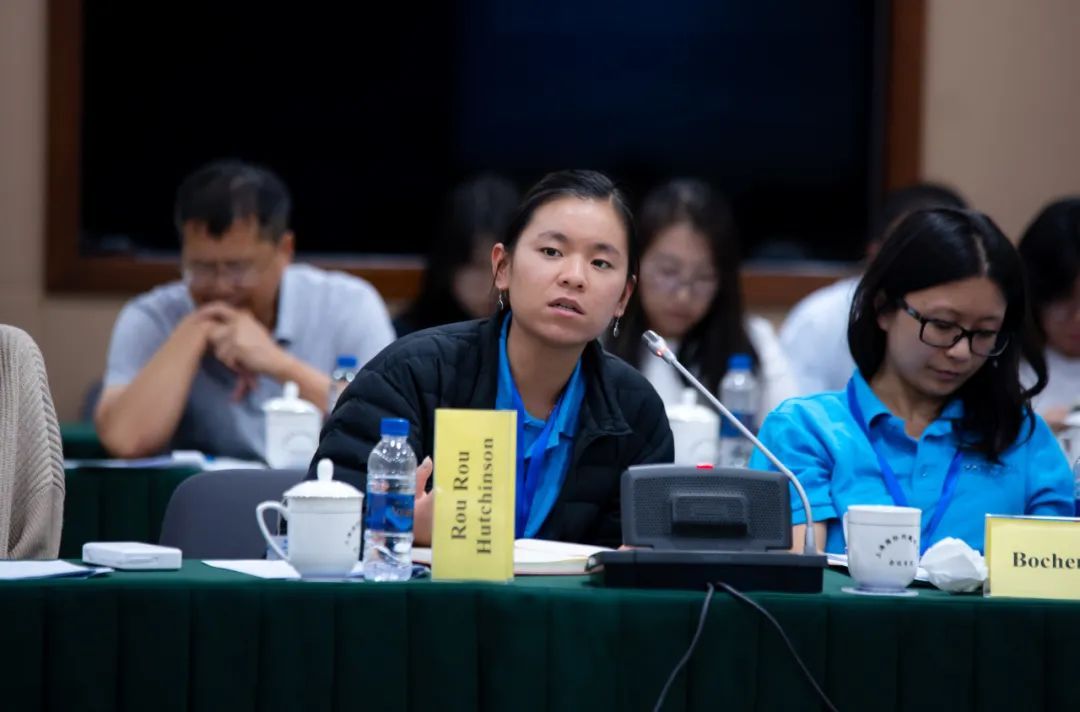
Delegation members including Tyler Harlan, Richard Zhen Tang, Chelsea Toczauer, and Savannah Billman shared their thoughts on the event. They noted that through nearly a week of visits and deep exchanges with people from various sectors, they had gained a deeper understanding of China and hoped to contribute to the development of China-U.S. relations in the future.
